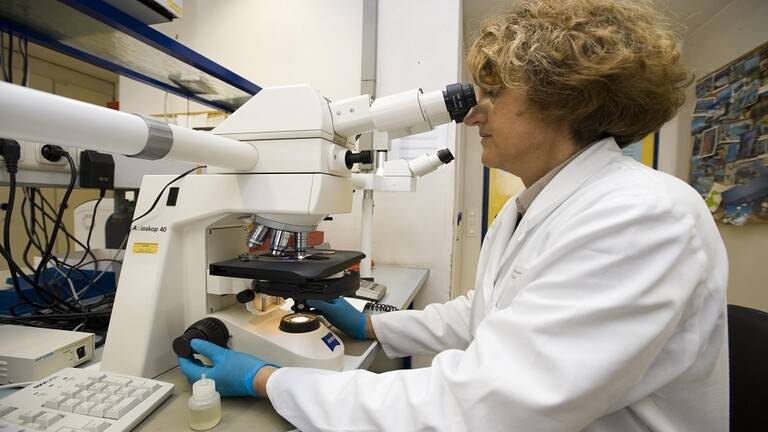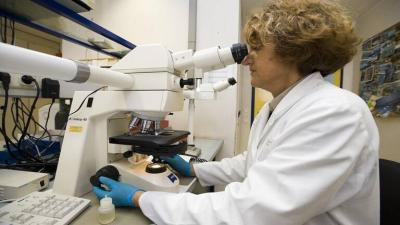Scientists at Ural Federal University have developed new chemical compounds capable of suppressing acute pneumonia without affecting the immune system. According to the journal Pharmaceuticals, this innovation will lead to the emergence of drugs and medications in pharmacies for treating severe forms of influenza and COVID-19.
The journal adds that the university's researchers have created a new method for obtaining these chemical compounds (heterocyclic compounds), which contain materials that inhibit the activity of interleukin-6. This plays a significant role in the immune response. According to experts, an excess of interleukin in some cases can lead to uncontrolled inflammation, tissue damage, and threaten patients' lives. However, the new compounds will help contain this dangerous reaction.
Konstantin Svatiyev, a researcher in the university's organic synthesis laboratory, states, "Overall, this research direction is more substantive. Based on our data, we will be able to produce an applicable product. Thanks to our fundamental study, some new drugs and medications have emerged in pharmacies."
The researchers highlight that tests conducted on laboratory animals injected with a specific toxin confirmed the efficacy of the heterocyclic compounds in suppressing the inflammation that causes lung damage. They add that the results obtained allow for the development of safe medications to combat viral diseases, primarily acute influenza and COVID-19.
Currently, dexamethasone is used in medicine, which sometimes suppresses the immune system. The new compounds affect inflammation with the same effectiveness as dexamethasone but without inhibiting the immune system.




